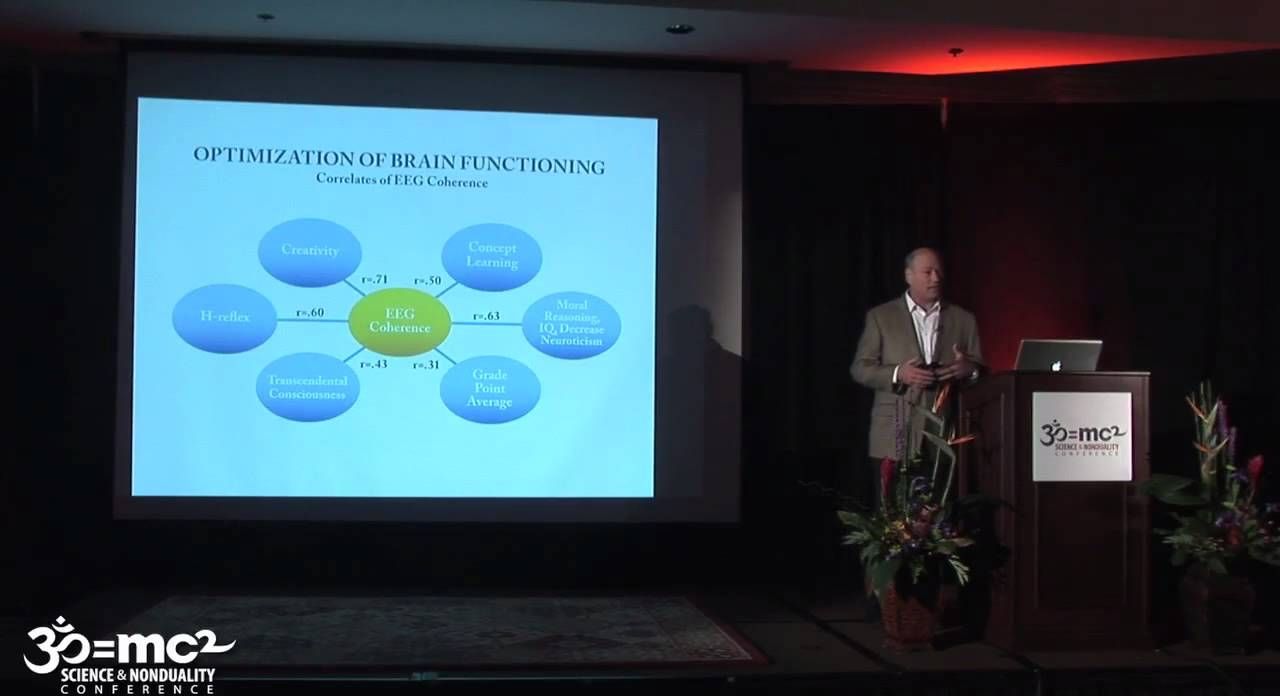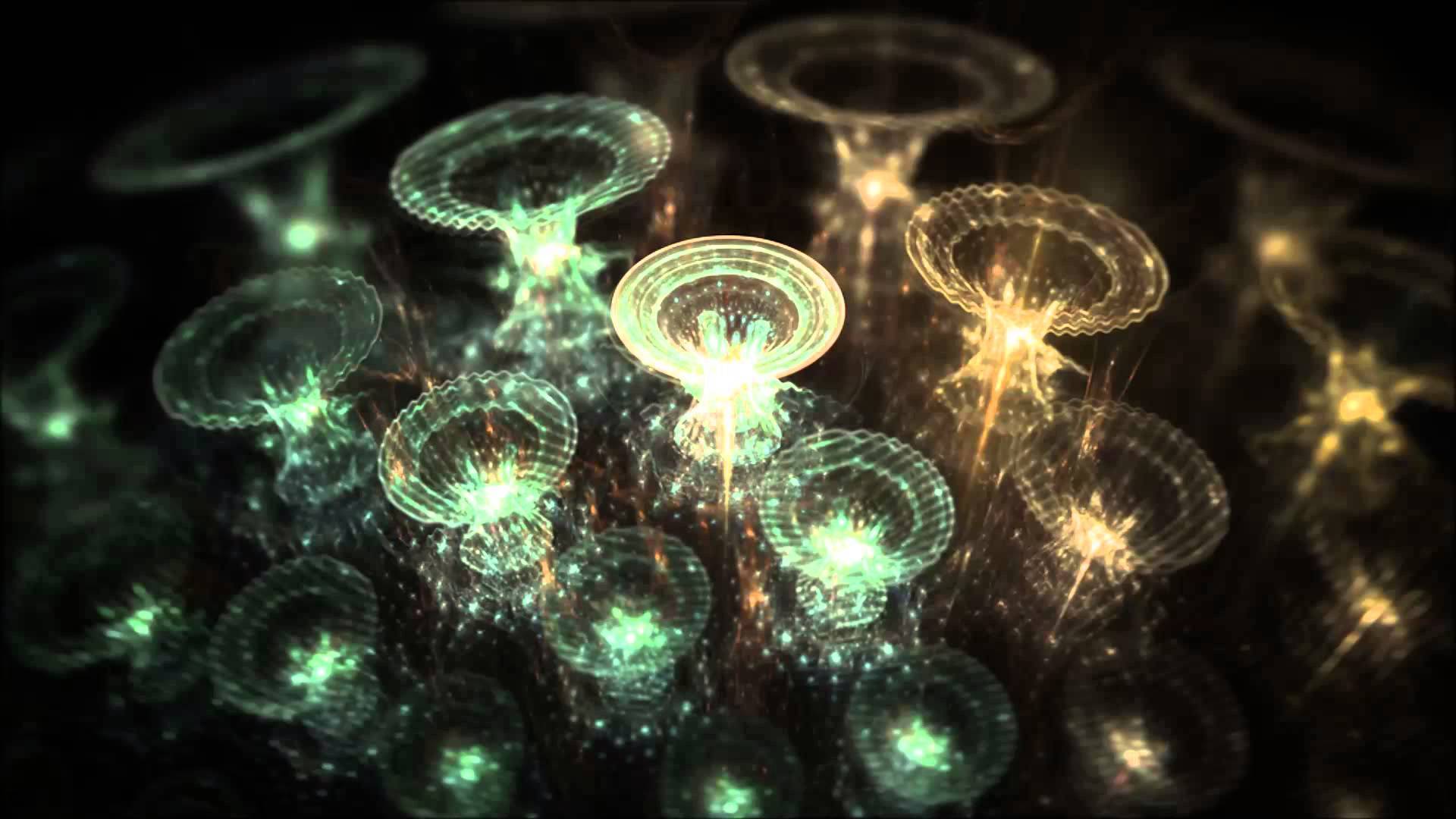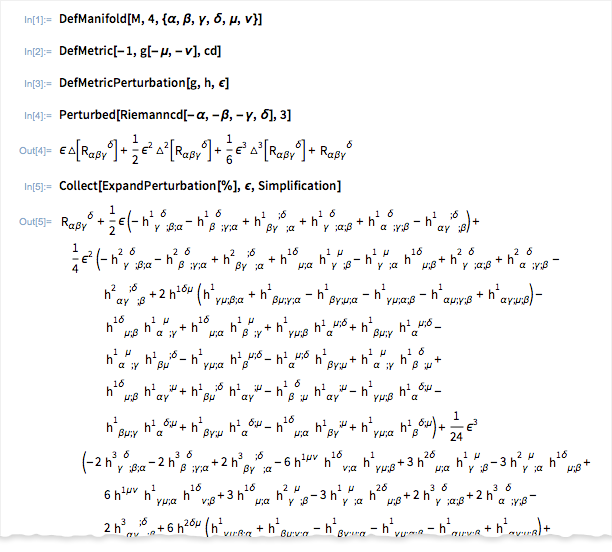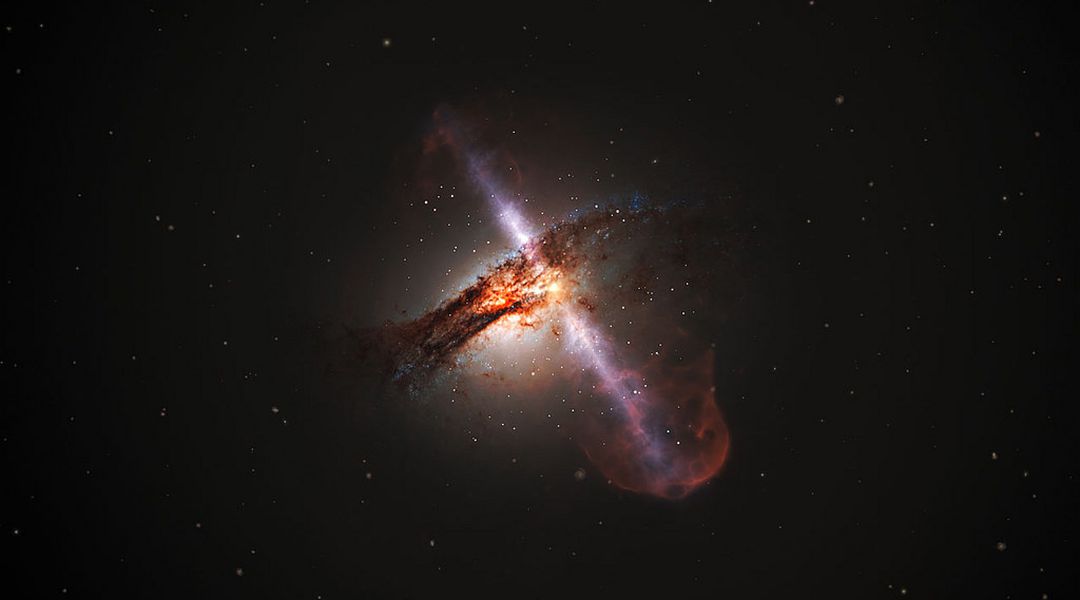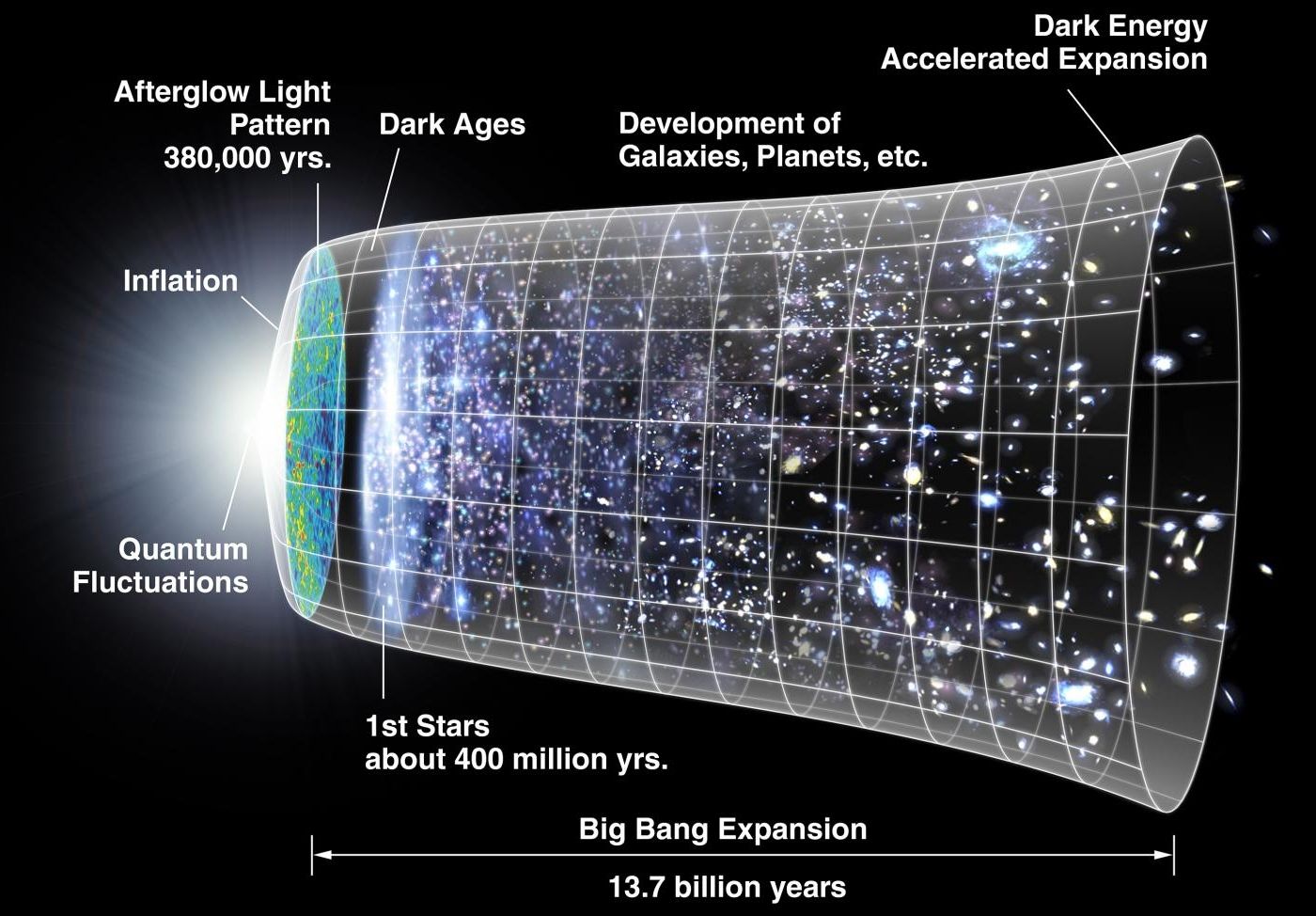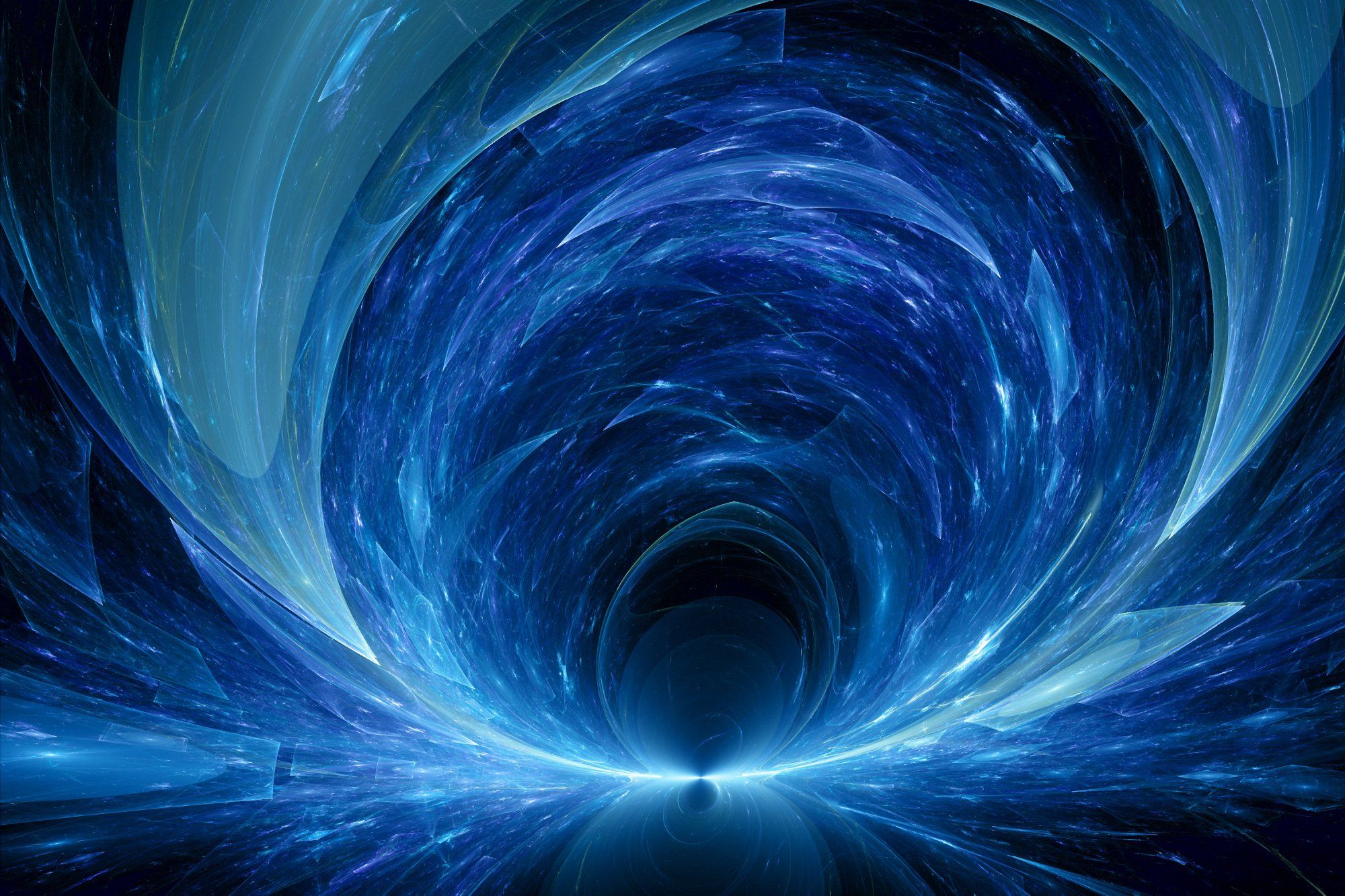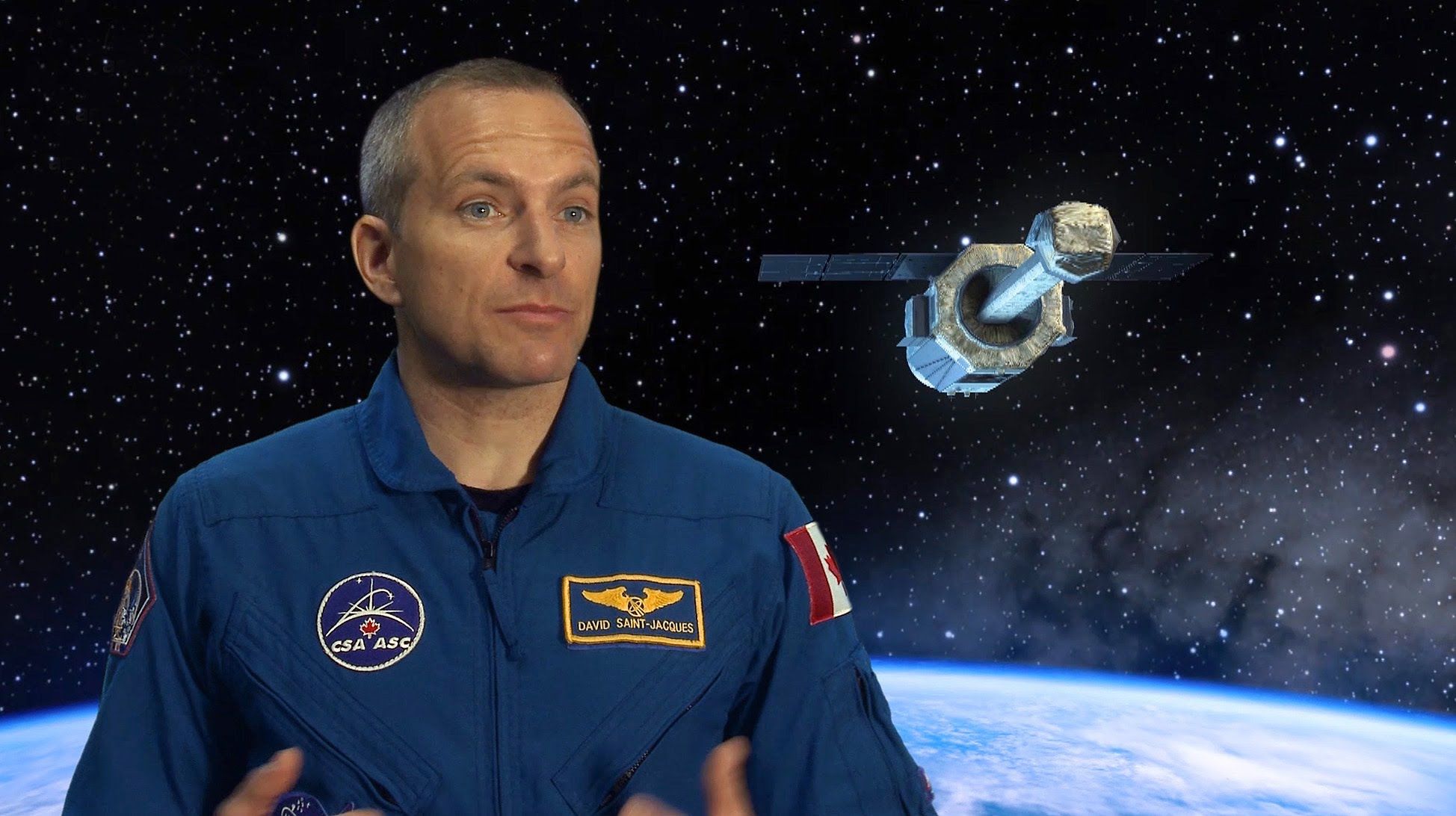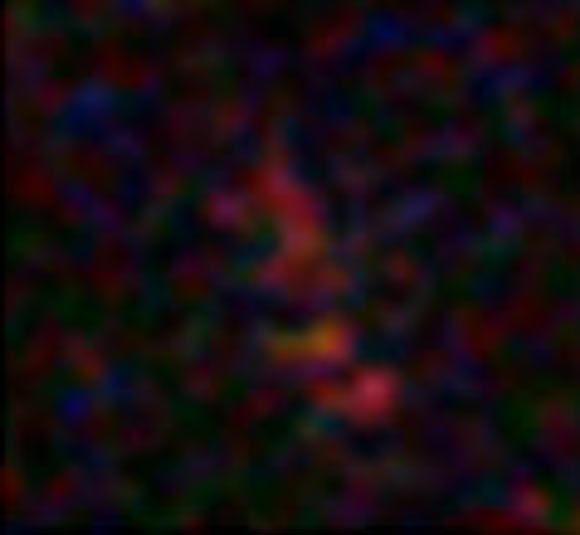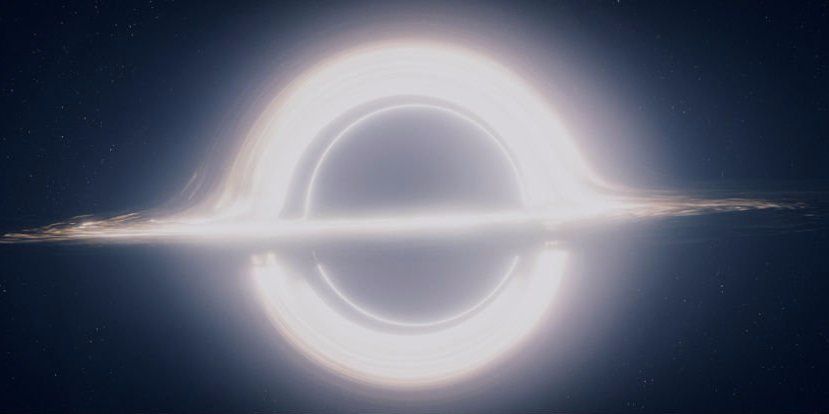I am not an astronomer or astrophysicist. I have never worked for NASA or JPL. But, during my graduate year at Cornell University, I was short on cross-discipline credits, and so I signed up for Carl Sagan’s popular introductory course, Astronomy 101. I was also an amateur photographer, occasionally freelancing for local media—and so the photos shown here, are my own.
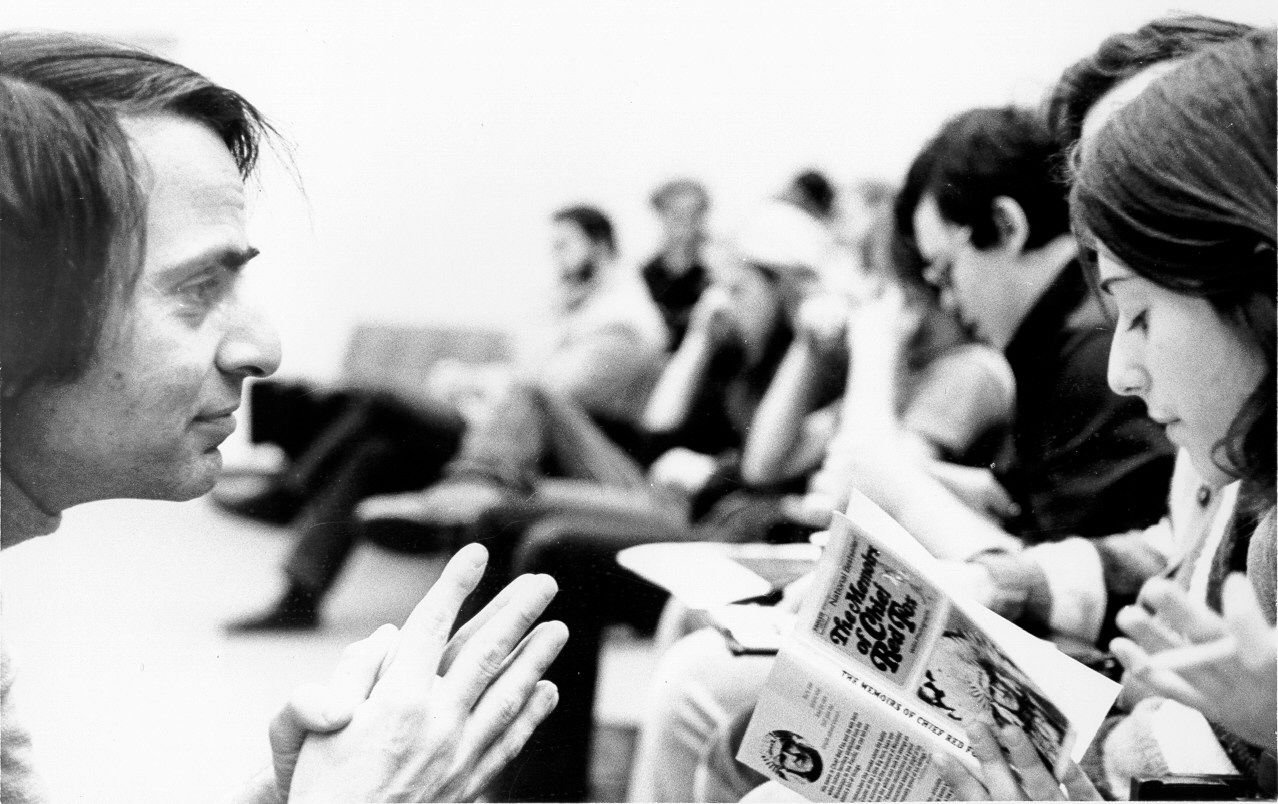
Carl Sagan is aware of my camera as he talks to a student in the front row of Uris Hall
By the end of the 70’s, Sagan’s star was high and continuing to rise. He was a staple on the Tonight Show with Johnny Carson, producer and host of the PBS TV series, Cosmos, and he had just written Dragons of Eden, which won him a Pulitzer Prize. He also wrote Contact, which became a blockbuster movie, starring Jodie Foster.
Sagan died in 1996, after three bone marrow transplants to compensate for an inability to produce blood cells. Two years earlier, Sagan wrote a book and narrated a film based on a photo taken from space.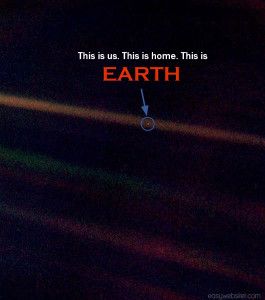
Continue reading “What has changed since ‘Pale Blue Dot’?” »
